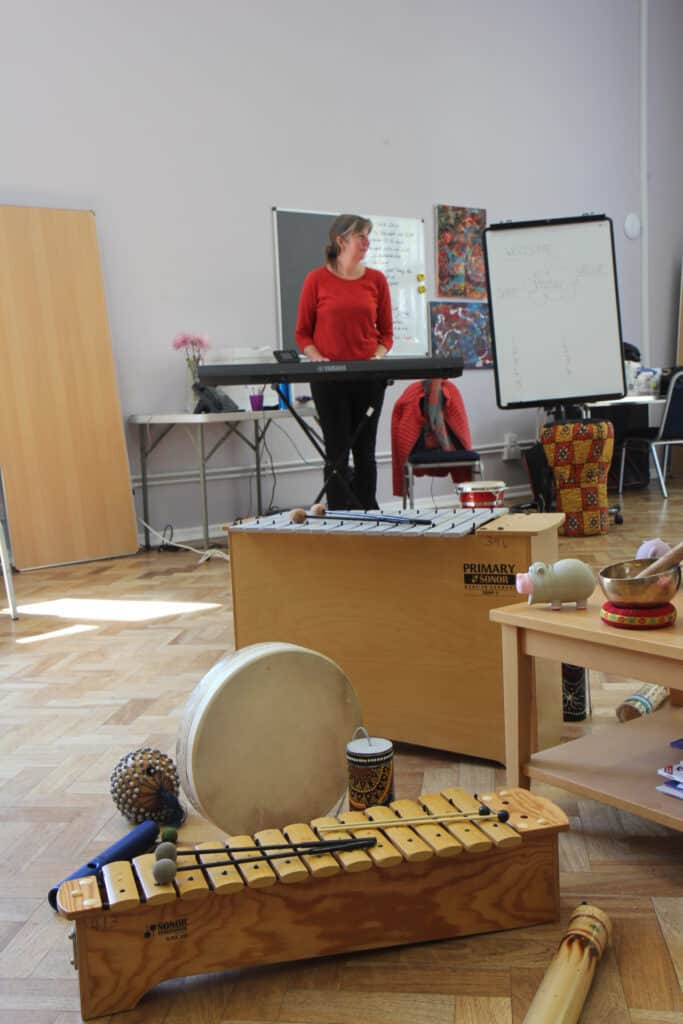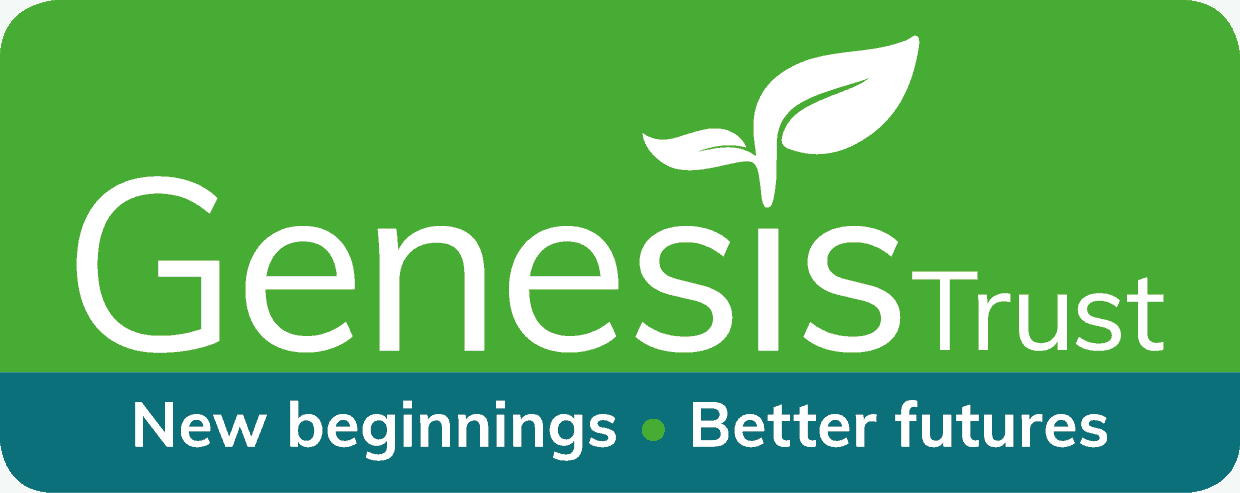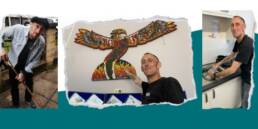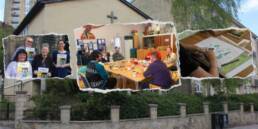It is Mental Health Awareness Week this week and a good time for us to consider the impact of the COVID pandemic on ourselves and the people around us. It is possible that we, or someone we love, have struggled with a mental health issue recently. The root cause is often a lack of social connection.
Many of the clients that Genesis Trust supports have been severely impacted because the isolation that was forced upon them during the lock downs exacerbated vulnerable mental health conditions. Genesis Trust believes everyone has the potential to transform their lives and so we would like to highlight the Music Therapy course that is presently running in our Life Skills work at the Gateway Centre.
What does music do and what is music for? Sue Fourie, Manager, Life Projects, explains:
“I think what the different musical activities in our Music Therapy course enables is connection. Music connects us with others as well as ourselves. It can help us connect with our emotions and difficult things inside which we might not be able to give voice to or even understand but somehow the music enables a deeper understanding. The current music groups we call “musicking” all do this in different ways. In musicking the instruments are our means of connection and the music therapist’s job is to not only facilitate a safe space for the connections to happen but help to contain some of these difficult emotions being explored with her own music or sometimes it can be contained by the instruments themselves. The music brings us to life as we see ourselves and each other through the music.”
This was very clear when Genesis Trust ran the Music Therapy course last October. Many clients, having been very isolated through the restrictions of COVID, slowly became more animated, engaged and involved. It was really joyous to see.
Music Therapy’s aims and interventions can be designed to develop communication and social skills, develop self-expression, help manage difficult feelings, and increase awareness of self and others. It can help to manage stress and anxiety as well as build confidence and self-esteem. Ongoing research shows that music therapy addresses physical, emotional, cognitive and social needs of individuals of all ages. It has proven to be beneficial to a wide range of illnesses and disabilities, improving the quality of life for many.
And it is not so much about being taught, it is not a lesson, and no previous experience or skills are required. It is about using the instruments available, including the voice, to play and experiment in freedom, experiencing music as a means of communication and self-expression. Music is a powerful tool and certainly something that has become more synonymous with well being in the last 12 months.




